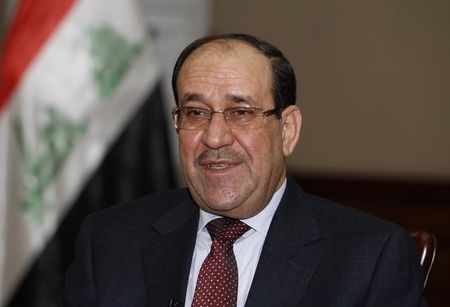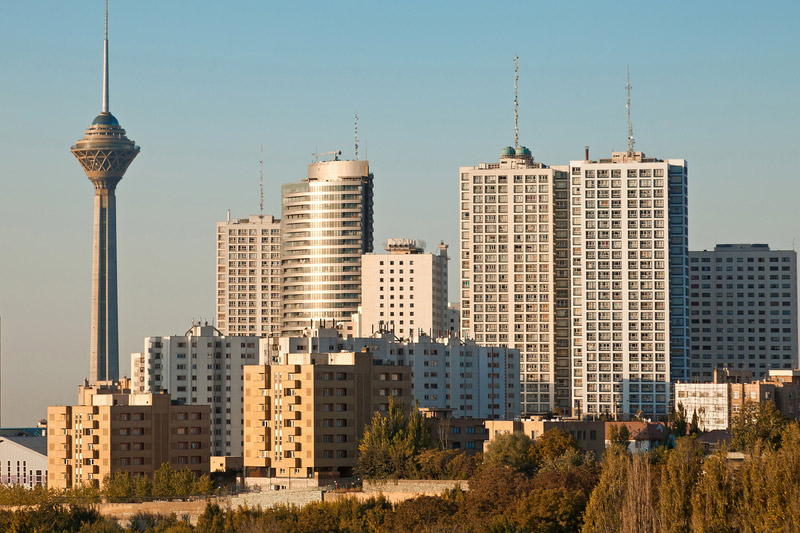DUBAI (Reuters) - Iran is trying to work with Iraqi factions for a replacement for Iraqi Prime Minister Nouri al-Maliki to form a new government in Baghdad but there are few suitable candidates, a senior Iranian official said on Tuesday.
Iran has become the main power broker in its neighbour to the west since U.S. forces withdrew from Iraq in 2011, leaving the country in the hands of a Shi'ite Muslim-led government headed by Maliki, a key ally of Tehran.
Maliki's critics accuse him of fuelling the Sunni Islamist insurgency that has overrun parts of northern Iraq, saying his anti-Sunni bias has inflamed sectarian tensions and allowed Islamic State rebels to cultivate support among Iraqi Sunnis.
"We have reached the conclusion that Maliki cannot preserve the unity of Iraq anymore, but Ayatollah (Ali) Sistani still has hopes," said the Iranian official, speaking to Reuters on condition of anonymity, referring to Iraq's top Shi'ite cleric.
"Now, Ayatollah Sistani also backs our view on Maliki."
The official said Tehran's Iranian ambassador in Baghdad had held consultations with political factions and some potential candidates on the subject, but acknowledged that finding a suitable replacement for Maliki was difficult.
"There are not many candidates who can and have the capability to preserve the unity of Iraq," the official said.
Maliki's bloc won the most seats in a national election earlier this year but efforts to form a new government have been hindered by objections by other factions, especially minority Sunnis, to Maliki becoming prime minister for a third term.
Coalition-building has been further complicated by the rise of Islamic State insurgents who seized Sunni regions of northern Iraq in June almost unopposed, and have since declared a mediaeval-style caliphate enforcing austere sharia law.

Shi'ite Iran considers the Islamic State insurgency a major security threat and has increased its military presence in Iraq to counter it. At least three members of Iran's elite Revolutionary Guard Corps have been killed in fighting with Sunni militants in Iraq since mid-June.
The United States and other Western powers hope that Iran will use leverage arising from its deep ties to both the Iraqi government and a number of Iraqi Shi'ite shrines to help defuse the Sunni insurgent crisis.
(Reporting by Parisa Hafezi in Ankara, writing by Sami Aboudi, editing by Mark Heinrich)
